Publications
Articles, publications, books, tools and multimedia features from the U.S. Institute of Peace provide the latest news, analysis, research findings, practitioner guides and reports, all related to the conflict zones and issues that are at the center of the Institute’s work to prevent and reduce violent conflict.
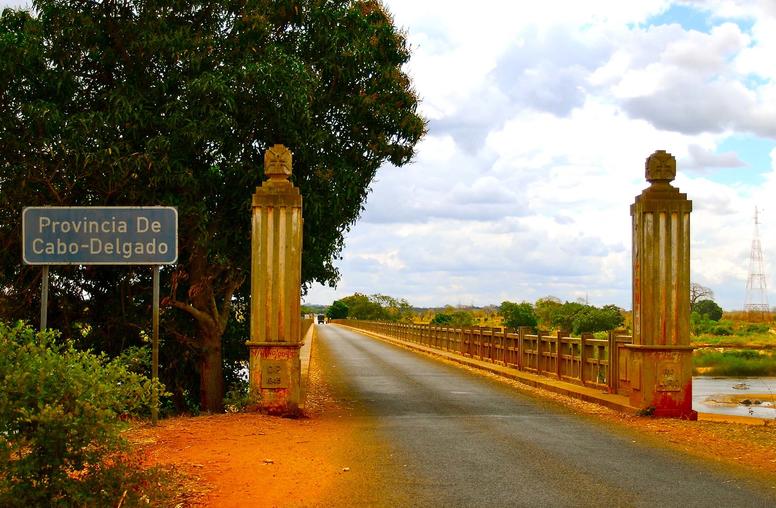
Pathways to Peace in Mozambique
An Islamist insurgency in Mozambique’s northern Cabo Delgado province and the grave humanitarian crisis it has created is threatening the promise of development offered by the discovery of vast reserves of natural gas in the region. It is imperative that the Mozambican government, with the support of the international community, make a concerted effort to return peace to this strategically important part of southern Africa.
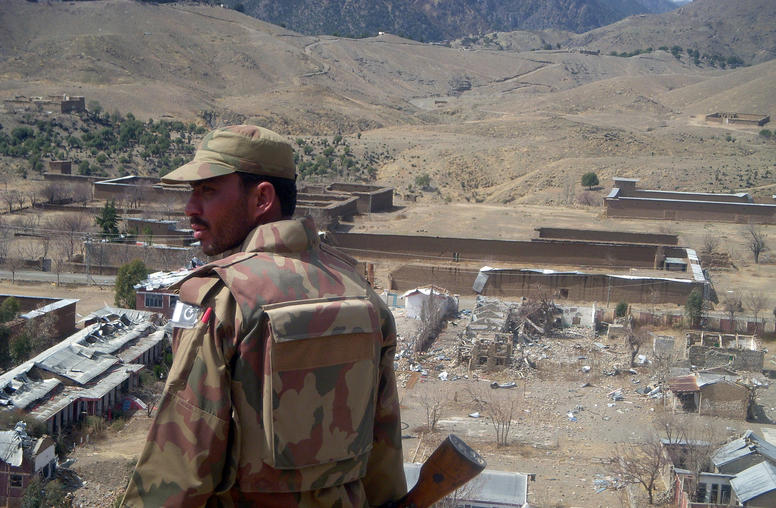
The Evolution and Potential Resurgence of the Tehrik-i-Taliban Pakistan
Following its formation in 2007, the Tehrik-i-Taliban Pakistan (TTP) emerged as one of Pakistan’s deadliest militant organizations. Military efforts severely curtailed the TTP’s ability to launch attacks by 2016, but recent signs—including a deadly attack in Quetta on April 21—suggest the group is attempting to rebuild its operational capacity. This report charts the rise and decline of the TTP and explores options for the Pakistani state, with cooperation and support from the United States, to stifle its resurgence.
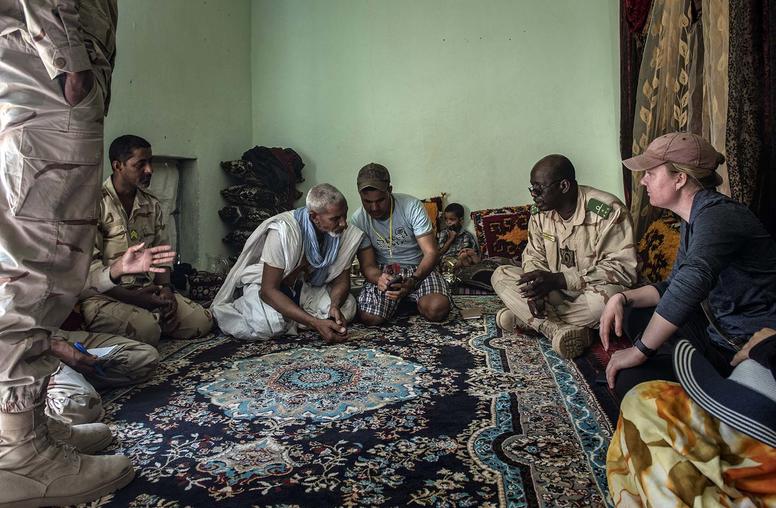
Three Ways to Make Communities Count in Combatting Violent Extremism in Africa
Nearly 20 years since the 9/11 attacks, the global community continues to struggle with violent extremism and terrorism. While much of the focus in the immediate aftermath was on the Middle East and Afghanistan, sub-Saharan Africa has drawn increasing attention in the last decade. Seven of the world’s top 10 countries facing the greatest violent extremist threat are in Africa, with the expansion of the Islamic State group (ISIS) and al-Qaida-affiliated groups on the continent. Efforts to combat violent extremism in Africa are now at a critical juncture. But this presents an opportunity to rethink these efforts. A tailored focus on local communities will be key in building better approaches to deal with the violent extremist scourge.
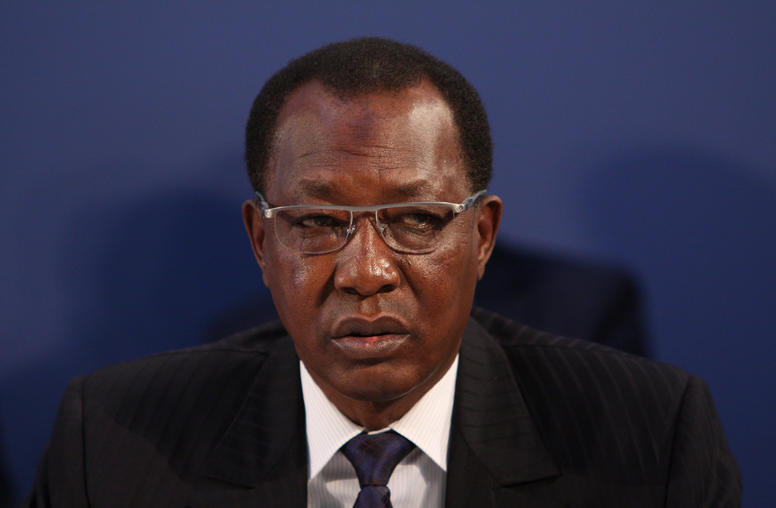
Chad: President Déby’s Death Leaves Vacuum in Volatile Region
The sudden violent death of Idriss Déby, the leader of Chad since 1990, throws the central African country into uncertainty. During a visit to the military frontline, Déby was allegedly killed in fighting in the country’s Lake Chad region, just days after the uncompetitive April 11 presidential elections in which he was re-elected for a sixth term. As USIP’s Kamissa Camara and researcher Jérôme Tubiana explain, Déby’s death does not change the structural deficiencies of the Chadian state. At the same time, Déby’s death leaves the West without a long-time ally in counterterrorism in the greater Sahel and Lake Chad Basin, and how the transition is managed has implications for the wider region, too.
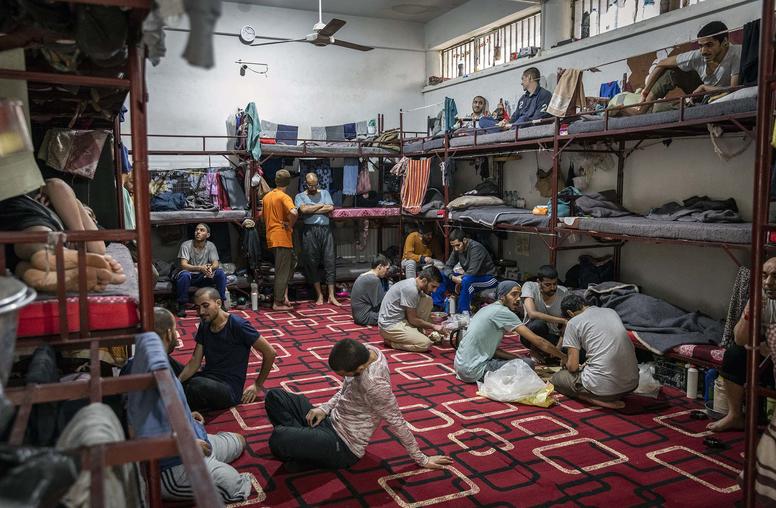
Guns, Camps and Deradicalization: Violent Extremists in Conflict Zones
Violent extremists make civil conflicts more complex and less manageable. Whether in the Middle East, Africa or South Asia, one of the many problems presented by conflicts involving violent extremists is how to deal with these combatants and associates when they surrender or are captured. There have been many attempts to disengage, deradicalize, rehabilitate and reintegrate violent extremists around the world, but most research focuses on stable settings such as Western Europe and North America. What, then, do we know about how to do this in the middle of conflict?
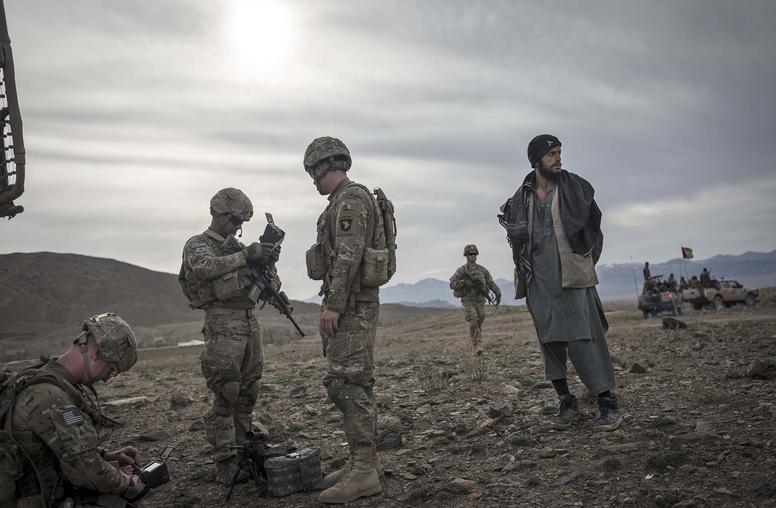
Afghanistan Withdrawal Should Be Based on Progress on Peace, Study Group Says
The Biden administration should commit to the Afghan peace process but seek an extension of the May troop withdrawal deadline stipulated in the February 2020 U.S.-Taliban deal, said the bipartisan Afg...
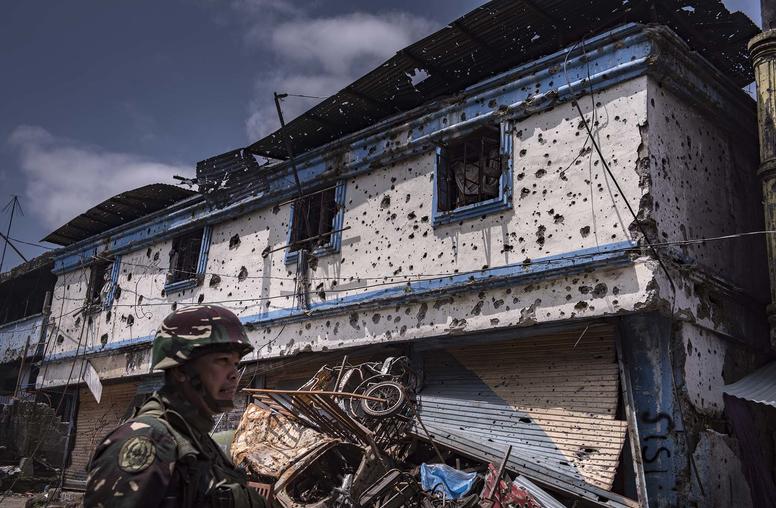
2020 Trends in Terrorism: From ISIS Fragmentation to Lone-Actor Attacks
In the past five years, terrorist attacks have declined notably around the globe. While this is certainly good news—particularly in the 20th year of the so-called global war on terror—terrorism remains a pervasive threat. Despite declines in its prevalence, the scale of the challenge posed by terrorism and the violent ideologies that underpin it is still immense and the mechanisms by which to address it remain complex and in need of further coordination on a global scale. What trends did we see in 2020? And how can those trends inform policy to counter violent extremism?
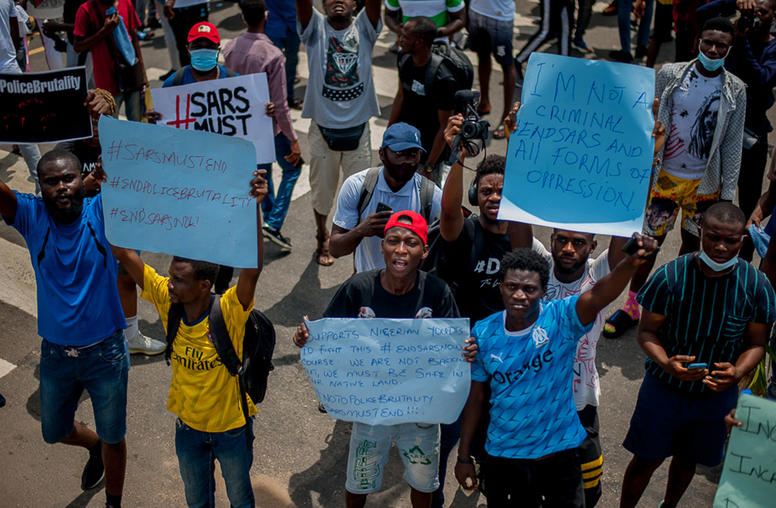
Nigeria's Security Failures: The Link Between EndSARS and Boko Haram
At first glance, the October state-led killings of protesters in Nigeria’s largest city, Lagos, seem to have little in common with the November Boko Haram massacre of at least 43 farmers in Nigeria’s northeast, or the December 11 abduction of hundreds of school students in Katsina State. With vastly different circumstances, motivations, and perpetrators—and separated by hundreds of miles—all three episodes could easily be recorded as just further tragic installments in Nigeria’s long history of violence. However, these incidents underscore the wider failure of the state to provide security for its citizens, only deepening the trust deficit felt by Nigerians.
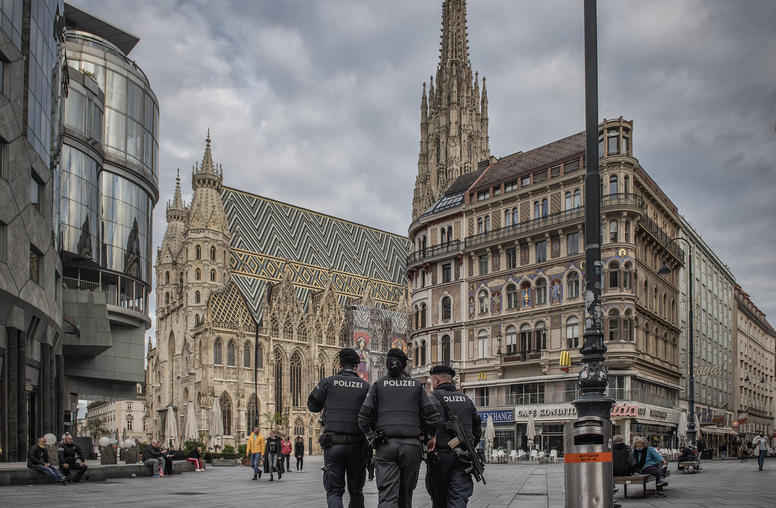
From COVID to the Caliphate: A Look at Violent Extremism Heading into 2021
Heading into 2021, the violent extremist landscape is more diverse than at any previous point in the last two decades since the start of the U.S.-led Global War on Terrorism. While that effort was almost exclusively focused on combating violent extremist organizations motivated by Salafi-jihadism, there has been a universal recognition that other forms of extremism have proliferated. Many governments and states feel completely unprepared and underequipped to deal with these new forms of extremism, which include, but are not limited to, racially and ethnically motivated terrorism, terrorism inspired by extreme misogyny, left-wing terrorism, and the rapid spread of conspiracy theories.
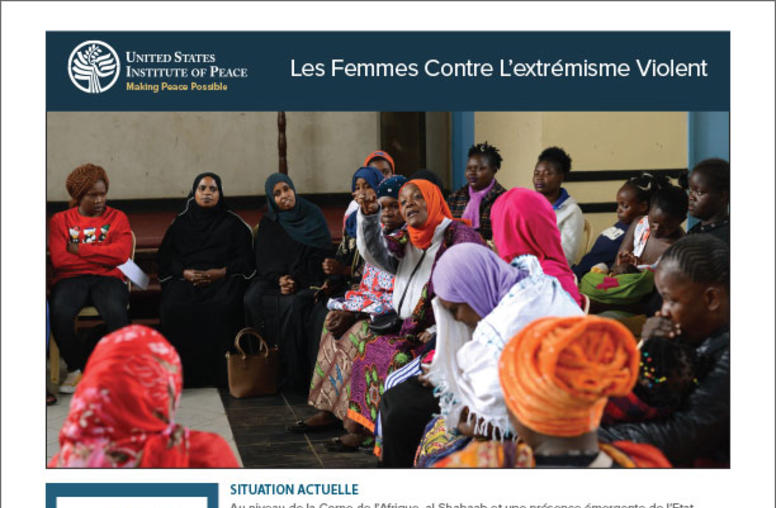
Women Preventing Extremist Violence (French)
Au niveau de la Corne de l’Afrique, al-Shabaab et une présence émergente de l’Etat Islamique ISIS ainsi que plusieurs autres groupes extrémistes sont toujours en place en Somalie, avec des recruteurs et des réseaux de facilitation s’étendant au-delà des frontières nationales et à travers la région. Au Sahel, d’innombrables communautés soufrent également de la violence extrémiste et terroriste perpétrée par différent acteurs dont certains appartenant à l’Etat islamique, d’autres étant affiliés Al-Qaïda et le reste tiré des mouvements dirigés localement.